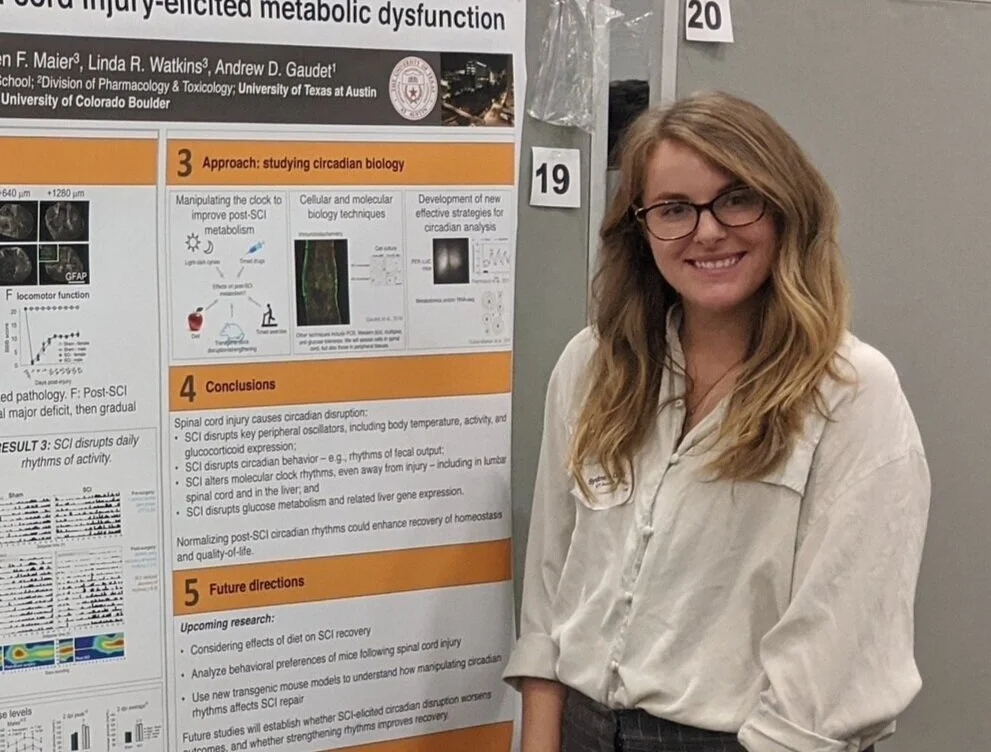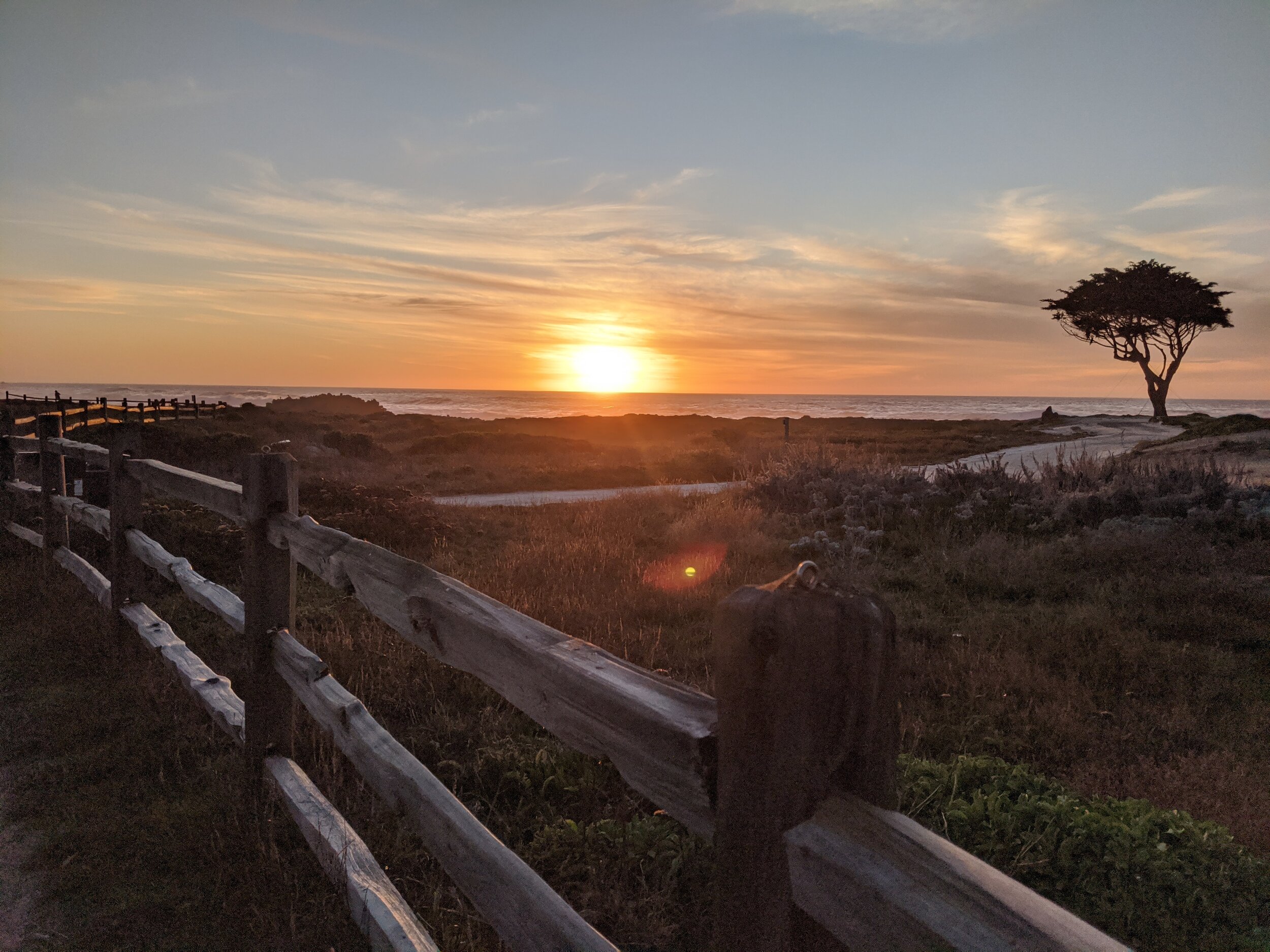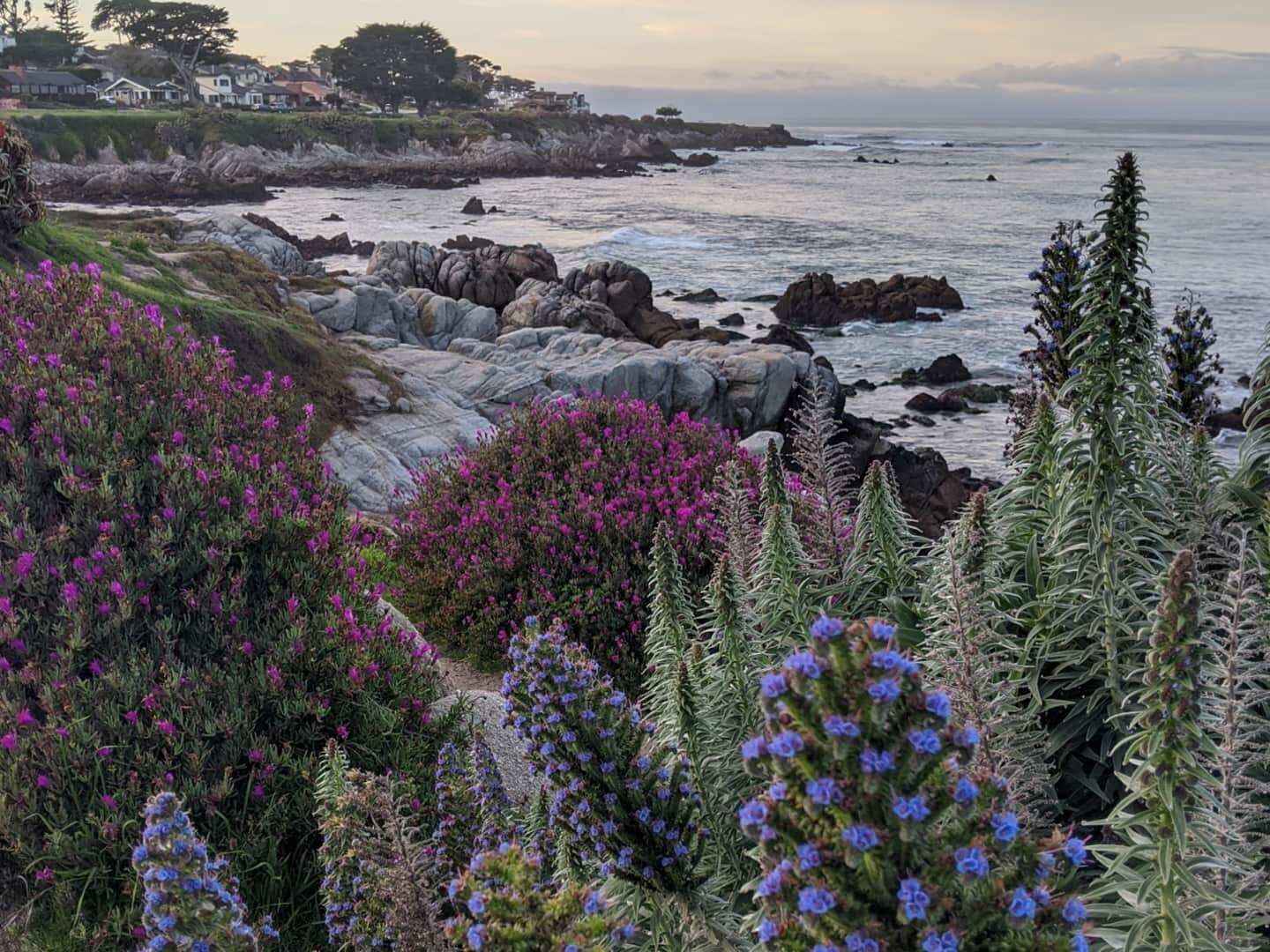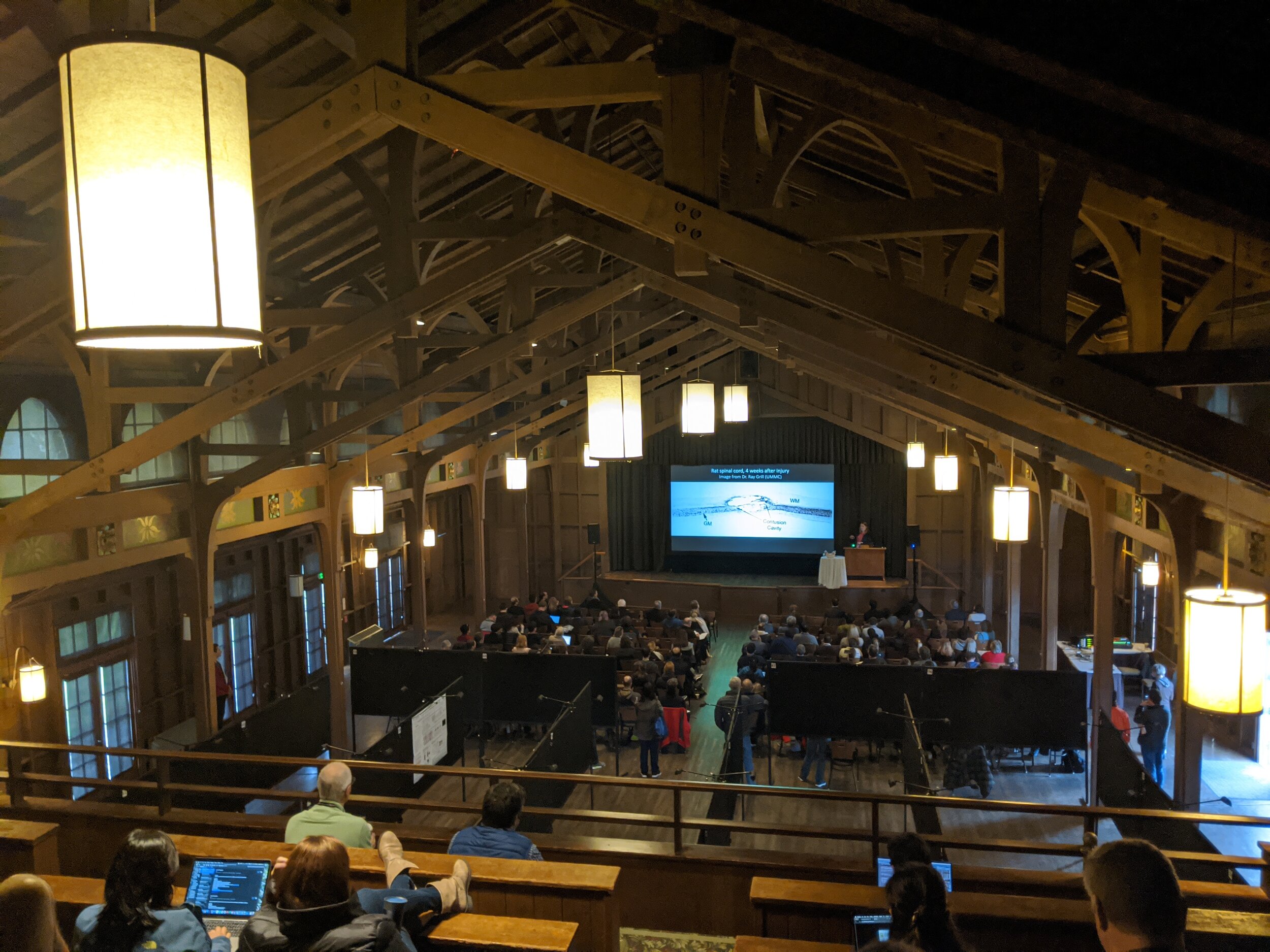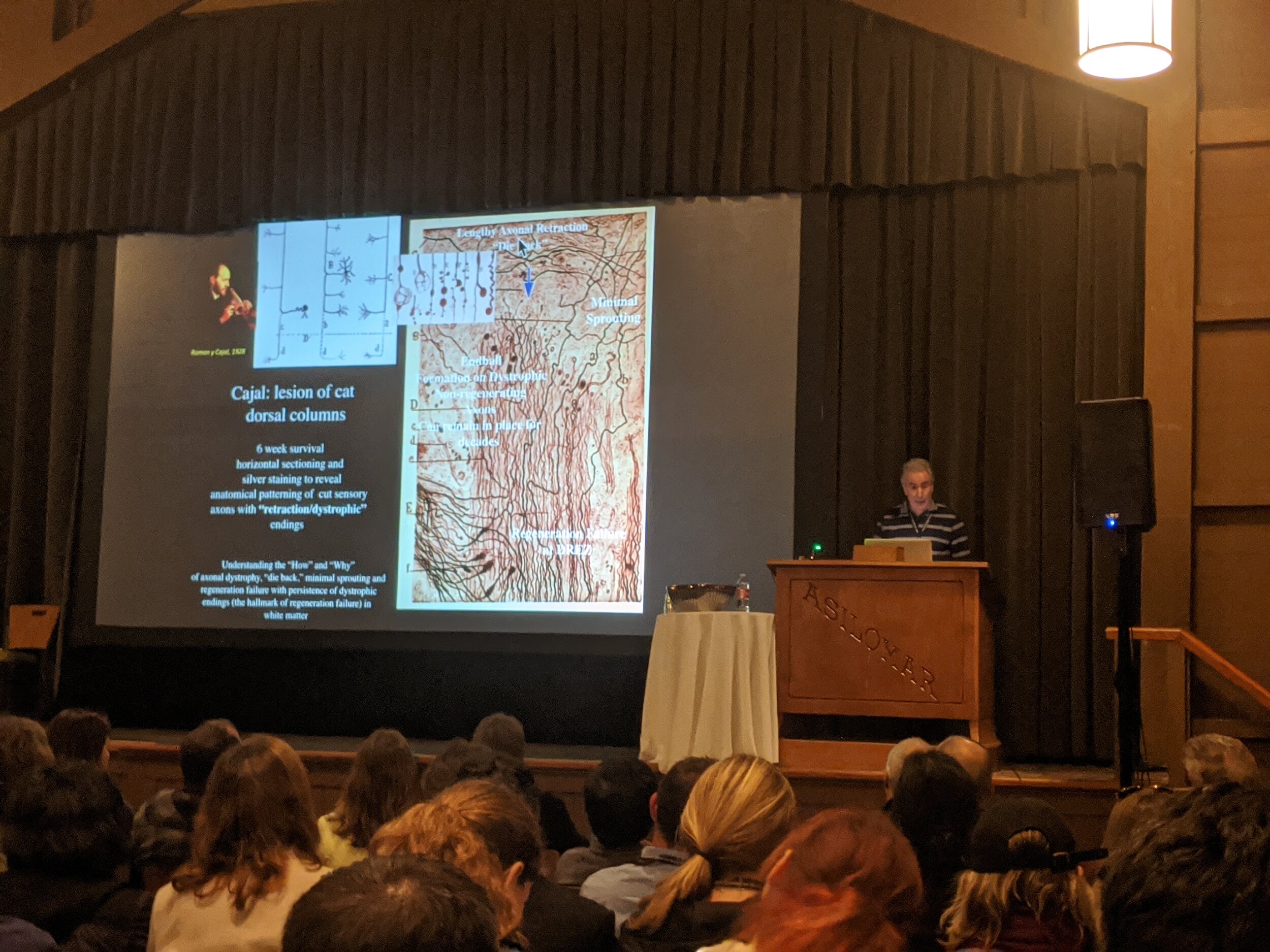Wonder what it’s like on campus at University of Texas at Austin? What’s a campus without a turtle pond, a world-class art gallery, or a canoe sculpture? UT has it all! Our lab made a video - check it out here.
For the research inclined, we also made a tour of the Gaudet lab. The Health Discovery Building was completed in 2017 and features open-concept research areas and beautiful open spaces for lunch and meetings. Check out our video here.
Special thanks to G-Lab members Sydney, Emily, and Kate for helping with the video, and to Emily Greenough for producing these edits!









